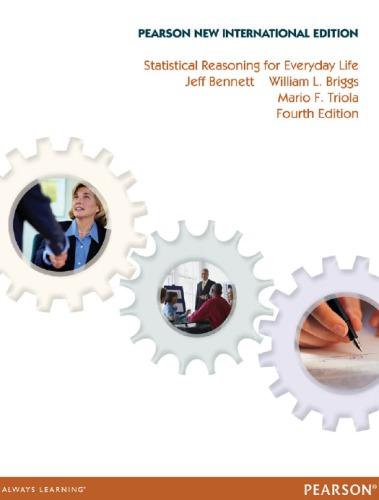Survey Refusals. Refer to the following table summarizing results from a study of people who refused to
Question:
Survey Refusals. Refer to the following table summarizing results from a study of people who refused to answer survey questions (based on data from “I Hear You Knocking but You Can’t Come In,” by Fitzgerald and Fuller, Sociological Methods and Research, Vol. 11, No. 1). In each case, assume that one of the subjects is randomly selected.

a. What is the probability that the selected person refused to answer? Does that probability value suggest that refusals are a problem for pollsters? Why or why not?
b. A pharmaceutical company is interested in opinions of the elderly, because they are either receiving Medicare or will receive it soon. What is the probability that the selected subject is someone 60 and over who responded?
c. What is the probability that the selected person responded or is in the 18–21 age bracket?
d. What is the probability that the selected person refused to respond or is over 59 years of age?
Step by Step Answer:







